Find Help
More Items From Ergsy search
-

Mortgage Turned Down In The UK - Why mortgage applications are declined
Relevance: 100%
-

Using 100% of your Second Income for a Mortgage Application
Relevance: 60%
-
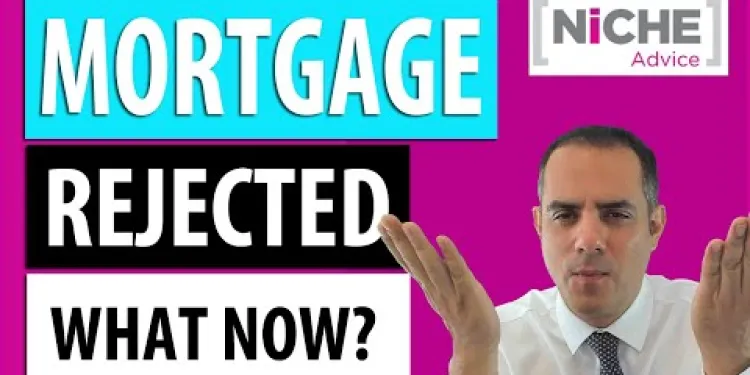
Turned down for a mortgage? Find out why and what to do
Relevance: 56%
-
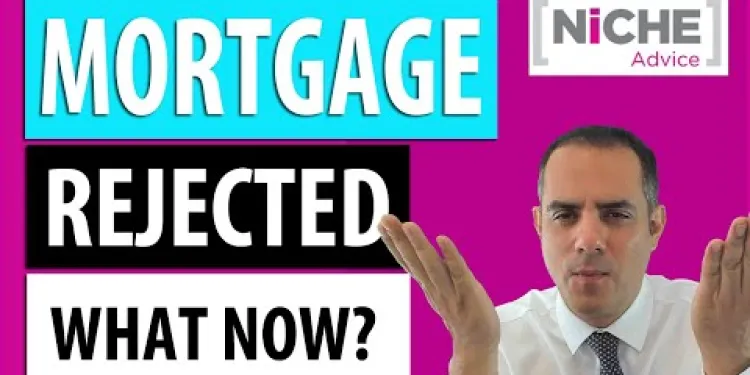
Turned down for a mortgage? Find out why and what to do
Relevance: 50%
-

How much can I borrow for a mortgage UK - getting the Maximum Mortgage
Relevance: 45%
-
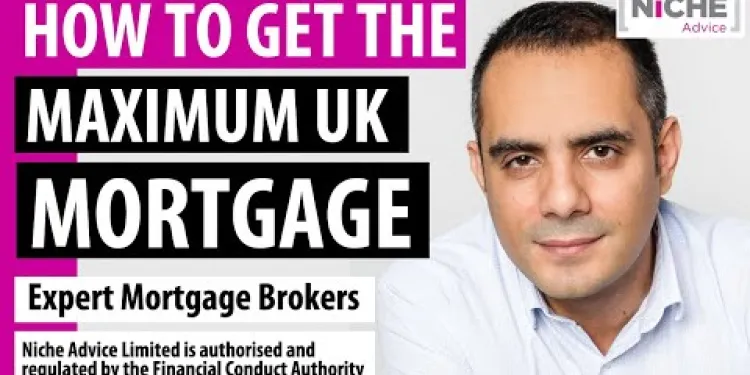
Getting the maximum mortgage in the UK
Relevance: 43%
-

Can I get a Buy to Let Mortgage With My 18 Year Old Son
Relevance: 43%
-
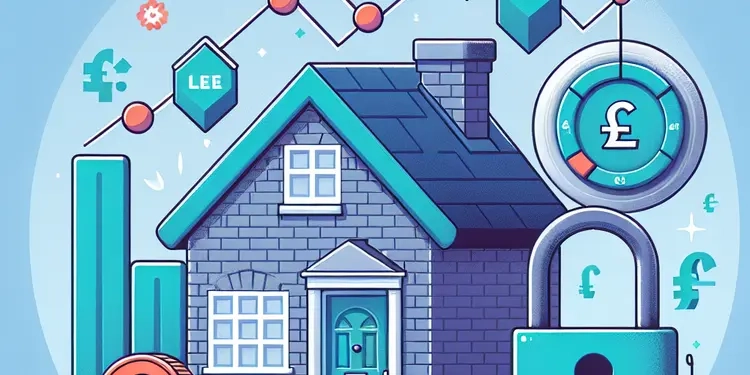
What does it mean to "Fix My Mortgage Rate"?
Relevance: 42%
-
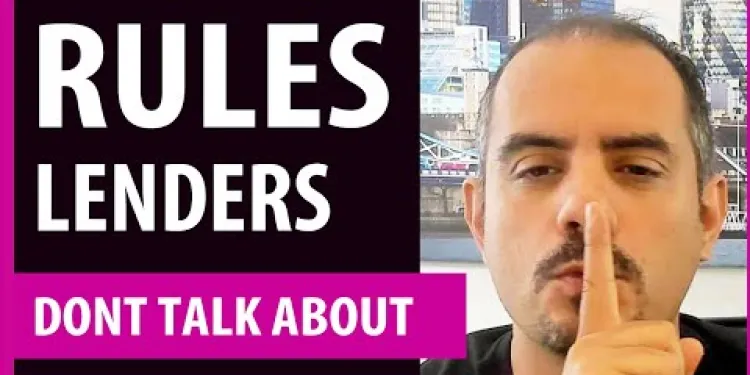
UK Mortgage Rules Lenders Don't Talk About - Debt To Income Ratio
Relevance: 40%
-

Why are vaccination rates declining in the UK?
Relevance: 40%
-

The Ultimate Buy-To-Let Mortgage Breakdown
Relevance: 40%
-

What is an 'interest only' mortgage?
Relevance: 39%
-
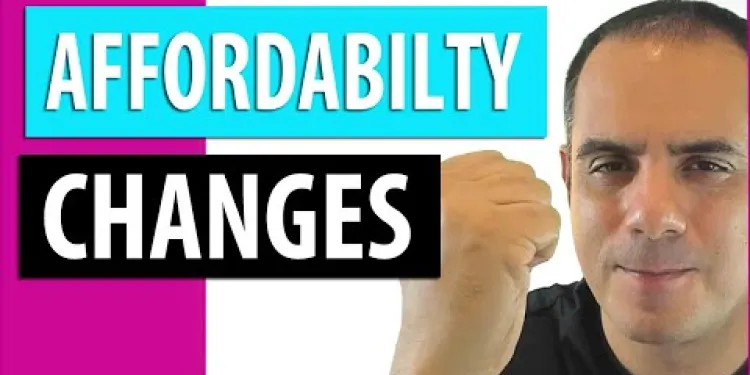
Mortgage Regulator removes the need for further affordability stress tests
Relevance: 38%
-

Mortgage on Inherited Property - How we can help you with the finance
Relevance: 38%
-

Uk Buy to Let for Older Clients - Mortgage Options Tips and Criteria
Relevance: 37%
-
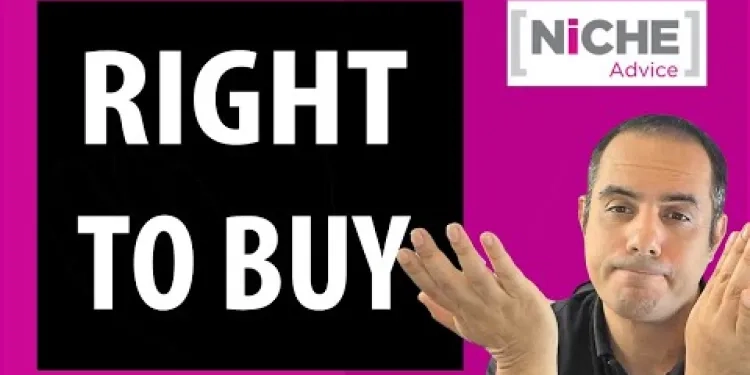
RIGHT TO BUY MORTGAGE - LET ME SAVE YOU TIME AND MONEY
Relevance: 37%
-
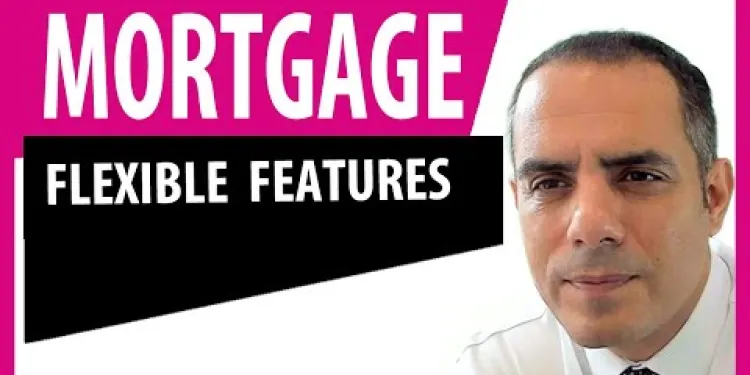
Mortgage Overpayment and Flexible Features Explained
Relevance: 37%
-

What are the signs of early cognitive decline related to menopause?
Relevance: 37%
-

HMO Mortgage Truths - how to get the best Finance option including Bridging Loan Criteria
Relevance: 37%
-
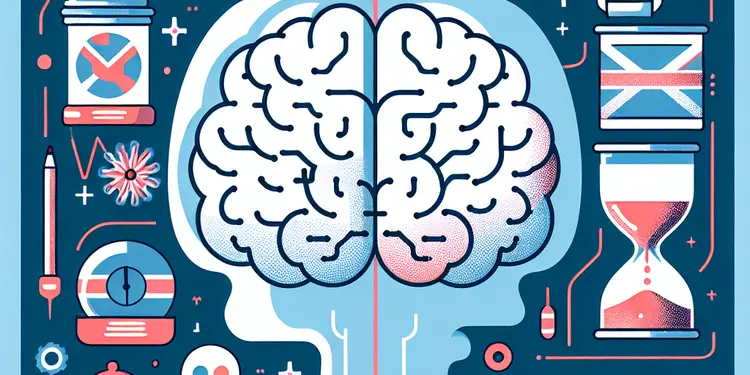
Do all women experience cognitive decline after menopause?
Relevance: 37%
-
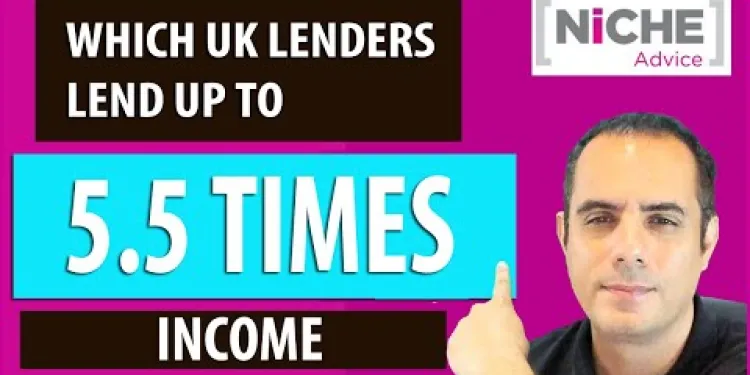
Highest Income Multiple Mortgage Lenders Revealed - Good and Bad Points
Relevance: 36%
-
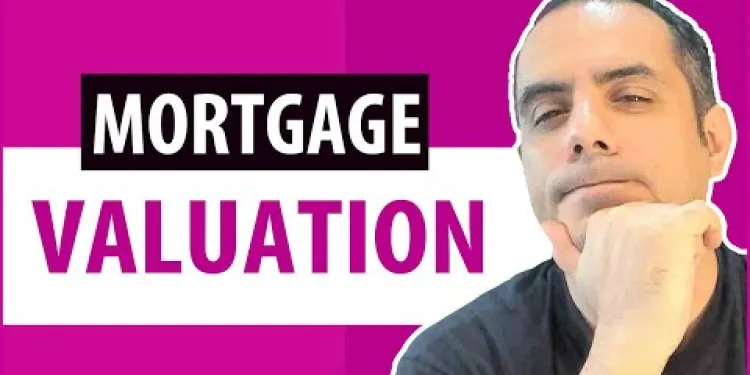
Can Mortgage lenders work from my own Survey Valuation Report?
Relevance: 36%
-

Will my fixed-rate mortgage payments change with interest rate fluctuations?
Relevance: 36%
-

5 Broker Exclusive Buy to Let Mortgage Lenders you need to know about as a Landlord
Relevance: 36%
-

Can Stamp Duty be included in a mortgage in the UK?
Relevance: 35%
-
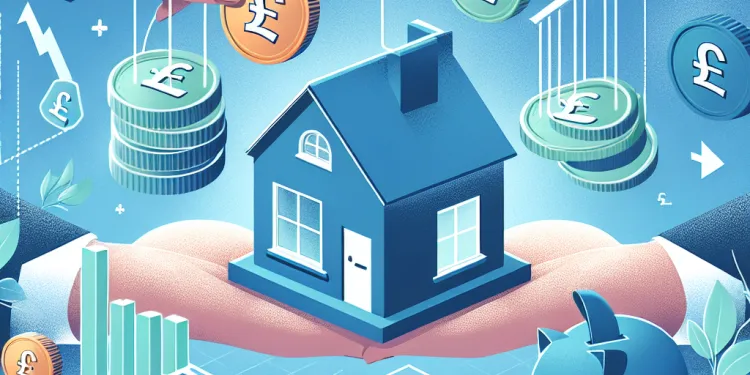
Is it possible to switch my mortgage type if interest rates become unfavourable?
Relevance: 35%
-

Where can I check the status of my application?
Relevance: 34%
-
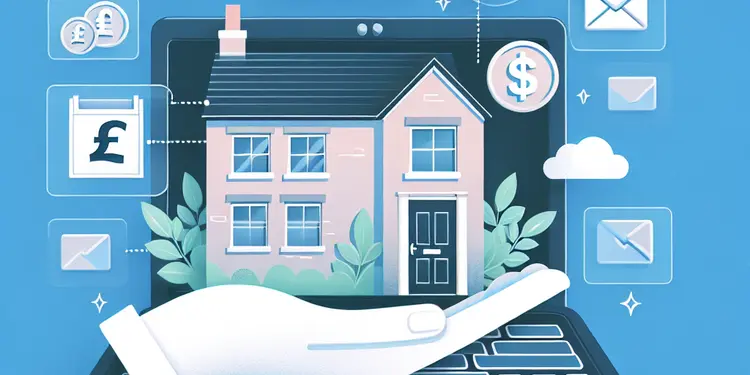
Is there assistance available for rent or mortgage payments?
Relevance: 34%
-

How do interest rate changes affect my mortgage payments?
Relevance: 34%
-
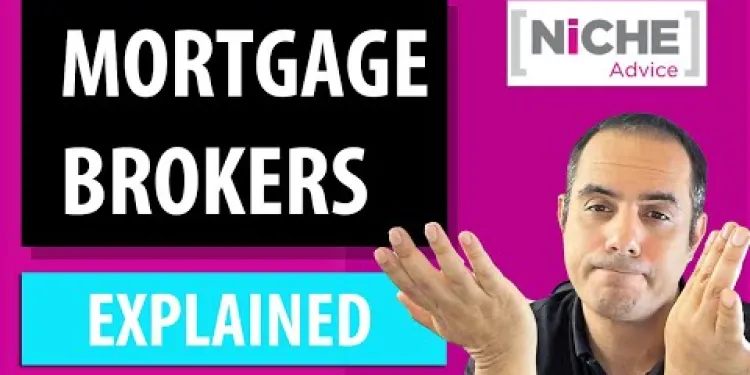
Selecting a Mortgage Broker - how they differ and what to watch out for
Relevance: 34%
-

What is a tracker mortgage and how does it respond to interest rate changes?
Relevance: 33%
-

How do I submit an application to the tribunal?
Relevance: 33%
-
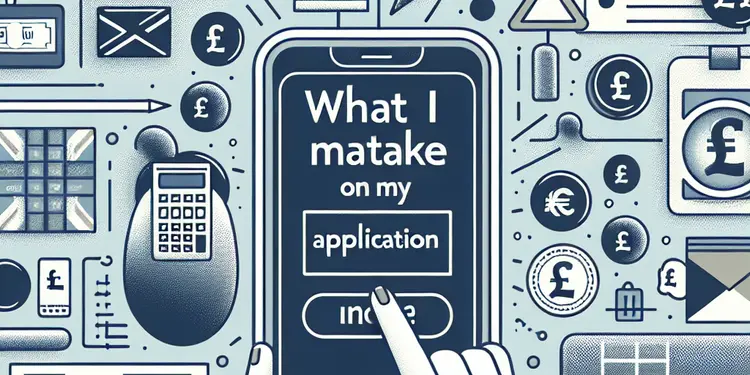
What if I made a mistake on my application?
Relevance: 33%
-

What happens if my application is denied?
Relevance: 33%
-

First Time Buyer Buy to Let Finance Options. Lending Criteria on Mortgage and Bridging Finance
Relevance: 33%
-

First Time Buyer Buy to Let Finance Options. Lending Criteria on Mortgage and Bridging Finance
Relevance: 32%
-

What should I do if I can't afford my mortgage payments due to rising interest rates?
Relevance: 31%
-

What is the deadline for filing a tribunal application?
Relevance: 31%
-
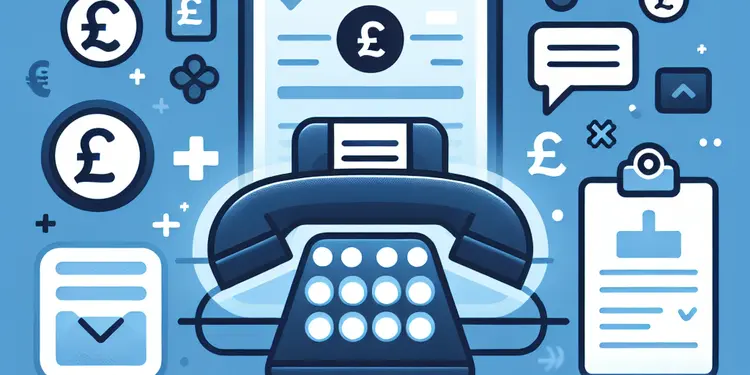
Is there a phone number I can call for assistance with my application?
Relevance: 30%
-
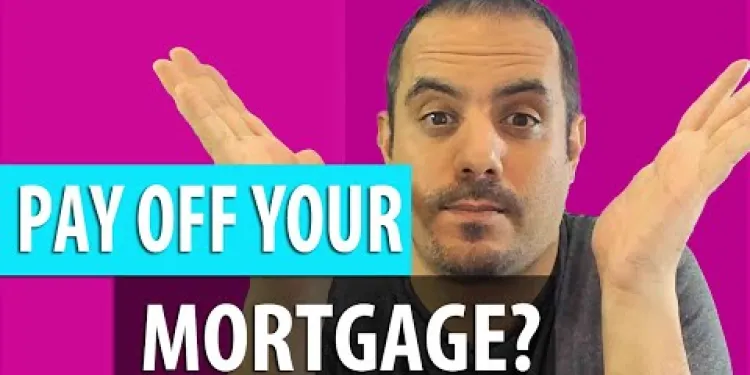
Should you Pay down your Residential Mortgage?
Relevance: 30%
Mortgage Turned Down In The UK: Reasons for Declined Applications
Obtaining a mortgage is a significant financial step for many individuals in the United Kingdom. Despite careful planning, some applicants find their mortgage applications declined. Understanding the common reasons for these refusals can help prospective buyers better prepare and increase their chances of approval.
Credit Score and Financial History
The most common reason for a mortgage application being declined is a poor credit score. Lenders assess applicants' creditworthiness by reviewing their credit histories, looking for any missed payments, defaults, or bankruptcy filings. A high level of debt or numerous recent credit applications can also negatively impact an applicant's credit profile. Improving your credit score by ensuring timely payments and reducing outstanding debts can enhance your mortgage application's success.
Deposit Size
Lenders typically require a minimum deposit amount, often a percentage of the property's purchase price. Inadequate savings for a deposit can lead to a declined mortgage application. The larger the deposit, the less risk for the lender, making applications with substantial deposits more likely to be approved. Applicants should aim to save a deposit of at least 10% to 20%, which can also result in more favorable mortgage terms and interest rates.
Affordability Assessment
Lenders must ensure that borrowers can afford the loan repayments. They conduct stringent affordability assessments, taking into account income, outgoings, and financial commitments. If the monthly repayments exceed what the lender determines you can reasonably afford, the application may be declined. To avoid this, applicants should provide clear, accurate information of their income and reduce unnecessary expenditures before applying.
Employment Status
Stable employment is crucial in the mortgage approval process. Lenders favor applicants with a steady income, preferably from full-time employment. Frequent job changes or working in freelance or contract roles can be perceived as risks by lenders, resulting in a declined application. Prospective buyers in such roles should provide additional evidence of reliable income, such as tax returns or a letter from an employer.
Property Type and Condition
The type and condition of the property you wish to purchase can also affect mortgage approval. Lenders are cautious about unusual properties, such as non-standard constructions or those in poor condition, as they may be harder to sell if repossession becomes necessary. Applicants might need to seek specialized lenders who are more open to funding for unique properties.
Conclusion
While facing a mortgage rejection can be disheartening, understanding the reasons behind a turned down application in the UK is crucial. By addressing credit score issues, increasing the deposit amount, ensuring affordability, providing evidence of stable employment, and choosing the right property, applicants can improve their chances of securing a mortgage. Consulting with a mortgage advisor can also provide tailored advice to navigate the lending landscape effectively.
Mortgage Turned Down In The UK: Reasons for Declined Applications
Getting a mortgage is a big financial step for many people in the UK. But even with good planning, some people have their mortgage applications turned down. Knowing why this happens can help you get ready and make it more likely that your mortgage will be approved.
Credit Score and Financial History
The most common reason for a mortgage to be turned down is a low credit score. This is a number that lenders look at to see if you are good with money. They check if you missed payments, have a lot of debt, or have had money problems before. To make your score better, pay your bills on time and lower your debts.
Deposit Size
When you want a mortgage, you usually need to pay part of the house price up front. This is called a deposit. If you don't have enough money saved for this, you might be turned down. It's better if you can save at least 10% to 20% of the house price for the deposit. A bigger deposit can also help you get better mortgage deals.
Affordability Assessment
Lenders need to make sure you can pay back the loan. They look at how much money you earn and how much you spend. If what you need to pay each month is too high for what you earn, they might say no. To help with this, show proof of your earnings and try to cut back on spending before applying.
Employment Status
Having a steady job is important when trying to get a mortgage. Lenders like it when you have a regular income from a full-time job. Changing jobs often or working freelance can seem risky to lenders. If you do work freelance, you can show extra proof of your income, like tax forms or a letter from your boss.
Property Type and Condition
The kind of house you want to buy can also affect your mortgage. Some lenders are careful with unusual houses or ones in bad shape because they are harder to sell if things go wrong. You might need to find a lender who is okay with special types of houses.
Conclusion
It can feel upsetting if your mortgage is turned down. But knowing why it happened helps. By fixing any credit score problems, saving a bigger deposit, showing you can afford payments, proving steady work, and picking the right house, you can have a better chance of getting a mortgage. Talking to a mortgage advisor can also help you with advice on what to do next.
Frequently Asked Questions
Why was my mortgage application declined due to poor credit history?
Lenders assess your credit history to determine if you're a reliable borrower. If you have late payments, defaults, or other negative markers, it may reduce your chances of approval. Improving your credit score over time can enhance your future prospects.
How does my income affect my mortgage application?
Lenders look at your income to ensure you can afford the repayments. A low income compared to the amount you wish to borrow might result in a denial. Providing proof of stable and sufficient income is essential.
Can a high debt-to-income ratio cause a mortgage application to be rejected?
Yes, if your monthly debts consume a large portion of your income, lenders may doubt your ability to handle additional debt from a mortgage.
Why might my employment situation impact my mortgage application?
Lenders prefer stable employment. Frequent job changes or self-employment might be perceived as a risk unless you provide extensive evidence of stable earnings.
How can a low deposit result in a mortgage decline?
A smaller deposit increases the Loan-to-Value (LTV) ratio, which can be riskier for lenders. Having a larger deposit can improve approval chances and often reduces interest rates.
Can recent changes to my personal details affect my mortgage application?
Yes, lenders often verify your details, and any recent changes, such as a new address or bank account, might require further verification, potentially delaying or affecting your application.
Why do lenders reject applications due to property issues?
Lenders must ensure the property is a good security for the loan. Issues like structural problems, flooding risks, or significant depreciation potential can lead to a decline.
How do student loans impact mortgage applications?
While not directly grounds for rejection, student loans increase your monthly commitments and impact your debt-to-income ratio. It's crucial to manage other debts responsibly.
What is the impact of not registering on the electoral roll?
Being on the electoral roll helps lenders verify your identity and address. Not being registered can make it harder for lenders to validate your application, leading to delays or declines.
How does a history of payday loans affect mortgage approval?
Frequent use of payday loans can indicate financial instability, causing lenders to question your ability to manage financial commitments effectively.
Can previous mortgage rejections affect new applications?
Yes, multiple rejections can negatively impact your credit history and indicate financial instability to future lenders. Addressing prior issues before reapplying is advisable.
How might undisclosed financial information affect my application?
Omitting debts or financial obligations can lead to a denial as lenders cross-check information to assess your financial situation accurately.
What role does financial history play in mortgage decisions?
Lenders evaluate your financial history, including savings habits and previous credit behaviour, to gauge risk. A strong history can improve approval odds.
Can being self-employed impact my mortgage application?
Self-employed individuals may face stricter scrutiny as lenders require proof of consistent income, usually through tax returns and business accounts for the past 2-3 years.
How does applying for a mortgage with a partner affect the process?
Both applicants' credit histories and financial situations are evaluated. Discrepancies, like one having poor credit, can impact the joint application’s success.
Why Didn't I Get the Mortgage Because of Bad Credit?
Banks and lenders look at your credit history to see if you can pay back money on time. If you have paid late, not paid at all, or have other bad signs, it might be harder to get a loan. Working on making your credit score better can help you in the future.
Here are some tools and tips to help you:
- Set up reminders to pay bills on time.
- Check your credit report regularly to see how you are doing.
- Ask someone you trust for help if you do not understand something.
How does my income affect my mortgage application?
Your income is the money you earn from your job or other places. It is important when you ask the bank for money to buy a house (this is called a mortgage). The bank wants to know if you can pay them back.
If you earn more money, the bank might feel better about giving you a mortgage. If you earn less money, they might be more careful. But don't worry! There are ways to make it easier:
- Ask someone you trust to help you fill out the forms.
- Use a calculator to see how much you can pay each month.
- Talk to a mortgage advisor for advice.
When you want to borrow money, lenders check if you have enough money to pay it back. If you don't earn a lot of money compared to what you want to borrow, they might say no. It's important to show them that you have a steady and good amount of money coming in.
Here are some tools that can help you understand money better:
- Use a calculator to see how much you spend and earn.
- Write down your income and spending to keep track.
Can too much debt make a bank say no to a home loan?
If you already spend a lot of your money each month on paying debts, banks might worry you can't pay back a house loan.
How can my job situation affect my mortgage application?
Your job situation can change how much money you can borrow for a house. Here is why:
- Stable Income: Lenders want to know if you have a regular job with steady pay. This helps them trust you can pay back the loan.
- Job Changes: If you change jobs a lot, the lender might think your income is not steady. They might worry about giving you a loan.
- Self-Employed: If you work for yourself, the lender might want to see extra paperwork. They will check if you earn enough money.
Support Tools: You might find it helpful to use a calculator to see how much you can pay back each month. Also, asking someone to explain things can be useful.
Lenders like it when you have a steady job. Changing jobs a lot or working for yourself can seem risky to them. You need to show them proof that you earn money regularly to make them feel better about lending to you.
Why might your mortgage get refused if your deposit is small?
If you have a smaller deposit, the amount you need to borrow is bigger. This can be a bit more risky for banks. If you have more money to put down as a deposit, it can help you get the loan more easily. It might also make the interest rates lower.
Will changing my personal information change my mortgage application?
Yes, banks and loan companies usually check your information. If you have moved to a new house or opened a new bank account, they might need to check more things. This could slow things down or change your application.
Why do banks say no because of problems with a house?
Banks might not give you money for a house if there are problems. Here's why:
- House Needs Fixing: If the house is broken or unsafe, the bank might say no.
- Bad Location: If the house is in a risky place, like a flood area, the bank could say no.
- Legal Problems: If there are rules that stop you from owning or fixing the house, the bank might say no.
If you are having trouble understanding, here are some tools:
- Pictures: Look at pictures or drawings to help you understand better.
- Ask for Help: Talk to a friend or family member who can explain it to you.
Banks and other lenders need to make sure the house is a good and safe place for them to lend money on. If the house has big problems, like parts that are broken, it might flood, or it could lose a lot of its value, they might say no to lending money.
How do student loans affect getting a home loan?
When you owe money for school (student loans), it can change how easy it is to get a loan for buying a house (a mortgage).
Here’s how it works:
- If you owe a lot for school, it can be harder to borrow money for a house.
- The bank wants to make sure you have enough money to pay both the school loan and the house loan.
- They check how much money you make and how much you owe when deciding.
Tips to help:
- Use a calculator online to see what you can afford.
- Speak to someone at the bank for advice.
- Try to pay off some of the school loan if you can before getting a house loan.
Student loans are money you borrow to go to school. They make your monthly bills go up. This can affect how much other money you can borrow. It is important to manage your other debts well.
What happens if you don't sign up to vote?
Being on the electoral roll helps to prove who you are and where you live. If you are not registered, it can be harder for lenders to check your information, which might slow things down or cause problems with your application.
Will payday loans stop me from getting a house loan?
Using payday loans a lot can show that you might have money problems. This can make banks or lenders worry if you can handle your money well.
Here are some tips to help:
- Make a budget to keep track of your money.
- Ask for help from a family member or a friend.
- Use apps that help you manage your money.
Can Being Turned Down for a Mortgage Before Make It Harder to Get a New One?
Getting turned down for loans or credit cards a lot can make your credit look bad. It might show that you have money problems. It's a good idea to fix any problems before you try again.
What happens if I don't share money information in my application?
Leaving out money you owe might cause a "no" from the bank. They check all your money details to see your true money situation.
Why is your money history important for getting a house loan?
Your money history, like how you have paid bills before, is important when you want to borrow money to buy a house. This shows if you are good at paying money back.
If you usually pay your bills on time, it can help you get a better loan. If you have had money problems before, it might make it harder. But you can still try and ask for help.
Some people use tools like payment reminders to help them pay on time. Asking a family member or friend to help check your plans can also be useful.
Lenders look at how you handle money. They check if you've saved money and how you've used credit before. If you've done well with money in the past, you have a better chance of getting approved.
Will working for myself affect my chances of getting a home loan?
If you work for yourself, banks and money lenders might check your money more closely. They want to see that you make enough money all the time. To show this, you need to give them papers like your tax forms and business bank records from the last 2 or 3 years.
A tool that might help is using a calculator or asking a friend to help you gather all your papers. It's also good to keep your papers in a folder so everything is easy to find.
How does getting a mortgage with a partner change things?
When you get a mortgage with a partner, you both ask the bank for money to buy a home. Here is what you need to know:
- Both of you will share the home. This means both of you are responsible for paying the bank back.
- The bank will look at both your money and your partner's money to see if you can pay them back.
- If one of you makes more money, it can help you borrow more money from the bank.
- If one of you has money problems, it might make it harder to get the mortgage.
Here are some ways to help:
- Make a list of all the money you both have and owe.
- Talk to someone at the bank. They can explain the steps to get a mortgage.
Both people who apply are checked for their money history and how they handle their money. If one person has bad money history, it can make it harder for both to succeed together.
Useful Links
This website offers general information and is not a substitute for professional advice.
Always seek guidance from qualified professionals.
If you have any medical concerns or need urgent help, contact a healthcare professional or emergency services immediately.
- Ergsy carfully checks the information in the videos we provide here.
- Videos shown by Youtube after a video has completed, have NOT been reviewed by ERGSY.
- To view, click the arrow in centre of video.
- Most of the videos you find here will have subtitles and/or closed captions available.
- You may need to turn these on, and choose your preferred language.
- Go to the video you'd like to watch.
- If closed captions (CC) are available, settings will be visible on the bottom right of the video player.
- To turn on Captions, click settings .
- To turn off Captions, click settings again.
More Items From Ergsy search
-

Mortgage Turned Down In The UK - Why mortgage applications are declined
Relevance: 100%
-

Using 100% of your Second Income for a Mortgage Application
Relevance: 60%
-

Turned down for a mortgage? Find out why and what to do
Relevance: 56%
-

Turned down for a mortgage? Find out why and what to do
Relevance: 50%
-

How much can I borrow for a mortgage UK - getting the Maximum Mortgage
Relevance: 45%
-

Getting the maximum mortgage in the UK
Relevance: 43%
-

Can I get a Buy to Let Mortgage With My 18 Year Old Son
Relevance: 43%
-

What does it mean to "Fix My Mortgage Rate"?
Relevance: 42%
-

UK Mortgage Rules Lenders Don't Talk About - Debt To Income Ratio
Relevance: 40%
-

Why are vaccination rates declining in the UK?
Relevance: 40%
-

The Ultimate Buy-To-Let Mortgage Breakdown
Relevance: 40%
-

What is an 'interest only' mortgage?
Relevance: 39%
-

Mortgage Regulator removes the need for further affordability stress tests
Relevance: 38%
-

Mortgage on Inherited Property - How we can help you with the finance
Relevance: 38%
-

Uk Buy to Let for Older Clients - Mortgage Options Tips and Criteria
Relevance: 37%
-

RIGHT TO BUY MORTGAGE - LET ME SAVE YOU TIME AND MONEY
Relevance: 37%
-

Mortgage Overpayment and Flexible Features Explained
Relevance: 37%
-

What are the signs of early cognitive decline related to menopause?
Relevance: 37%
-

HMO Mortgage Truths - how to get the best Finance option including Bridging Loan Criteria
Relevance: 37%
-

Do all women experience cognitive decline after menopause?
Relevance: 37%
-

Highest Income Multiple Mortgage Lenders Revealed - Good and Bad Points
Relevance: 36%
-

Can Mortgage lenders work from my own Survey Valuation Report?
Relevance: 36%
-

Will my fixed-rate mortgage payments change with interest rate fluctuations?
Relevance: 36%
-

5 Broker Exclusive Buy to Let Mortgage Lenders you need to know about as a Landlord
Relevance: 36%
-

Can Stamp Duty be included in a mortgage in the UK?
Relevance: 35%
-

Is it possible to switch my mortgage type if interest rates become unfavourable?
Relevance: 35%
-

Where can I check the status of my application?
Relevance: 34%
-

Is there assistance available for rent or mortgage payments?
Relevance: 34%
-

How do interest rate changes affect my mortgage payments?
Relevance: 34%
-

Selecting a Mortgage Broker - how they differ and what to watch out for
Relevance: 34%
-

What is a tracker mortgage and how does it respond to interest rate changes?
Relevance: 33%
-

How do I submit an application to the tribunal?
Relevance: 33%
-

What if I made a mistake on my application?
Relevance: 33%
-

What happens if my application is denied?
Relevance: 33%
-

First Time Buyer Buy to Let Finance Options. Lending Criteria on Mortgage and Bridging Finance
Relevance: 33%
-

First Time Buyer Buy to Let Finance Options. Lending Criteria on Mortgage and Bridging Finance
Relevance: 32%
-

What should I do if I can't afford my mortgage payments due to rising interest rates?
Relevance: 31%
-

What is the deadline for filing a tribunal application?
Relevance: 31%
-

Is there a phone number I can call for assistance with my application?
Relevance: 30%
-

Should you Pay down your Residential Mortgage?
Relevance: 30%


